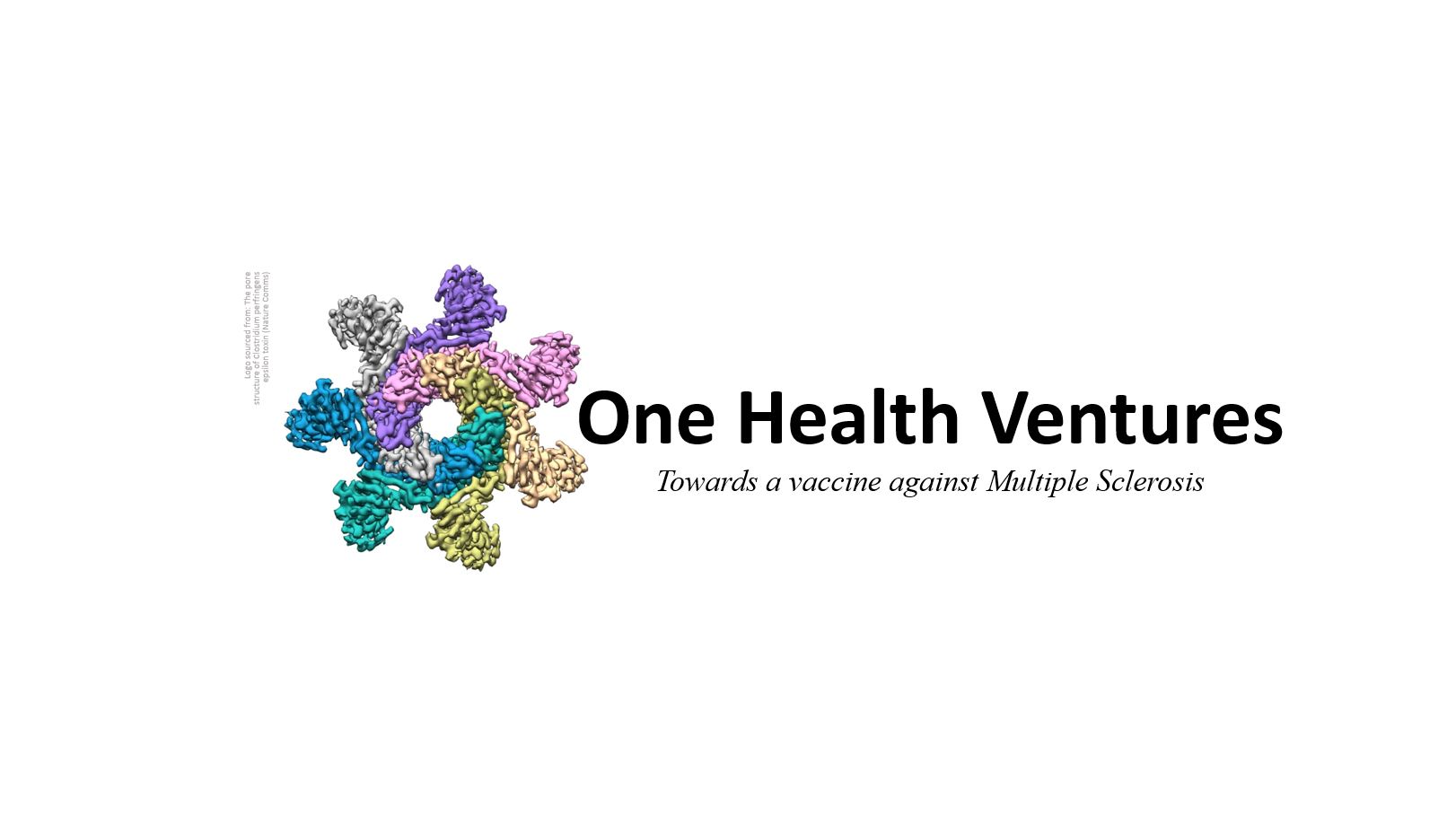Do Food Supplements have any Impact on C. Perfringens?
If ETX does prove to be a trigger for MS, are there any dietary changes that MS patients might consider altering their microbiome, the vast ecosystem of organisms such as bacteria, yeasts, fungi, viruses and protozoans that live in the human digestive tract?
Michael Acceptors and Sphingosine (e.g. Tumeric, Coconut and Cinnamon)
K Rumah’s research paper (35) also found that two classes of molecules, Michael acceptors and Sphingosine, were effective against C. perfringens.
Vitamin K3, Cinnamon and Tumeric…and Coconut-based Products
Vitamin K3 is already an approved human Michael acceptor.
Other Michael acceptor, dietary additives, include gambogic acid (a Chinese supplement), partenolide (Feverfew), cinnamaldehyde (cinnamon) (11) and curcumin (tumeric). There is a considerable amount research concerning the antibacterial properties of these additives against C. perfringens.
In addition, Lauric acid, linoleic acid, capric acid, caprylic acid and caproic acid, which are all found in coconut-based products especially coconut oil, are also reported to be anti-bacterial towards C. perfringens (4) and (13). There is a considerable amount research concerning the antibacterial properties of these additives against C. perfringens (25).
Other Research
There may well be other supplements that can be researched – for instance it seems that Green Tea extracts can reduce the risk of C. perfringens spore germination (10) etc…
As there are no trials for treating MS patients with any of the above supplements, there will need to be various trials in order to test the efficacy and doses for these supplements.
Regional Diets and Supplements
It is interesting to note that that many of these antibacterial foodstuffs are more widely consumed in warmer, tropical countries, which have less incidence of MS. Whilst it may be that Vitamin D is somehow protective against MS, the observation that MS is less prevalent in tropical countries could be due as much to diet as sunshine.
Again it should be pointed out that these food additives and supplements will most likely be active against other biological processes and micro-organisms so no link is proven by this anecdotal evidence. Rather it is intended to point out an interesting correlation and one that you would expect to find if ETX was a trigger for MS.
